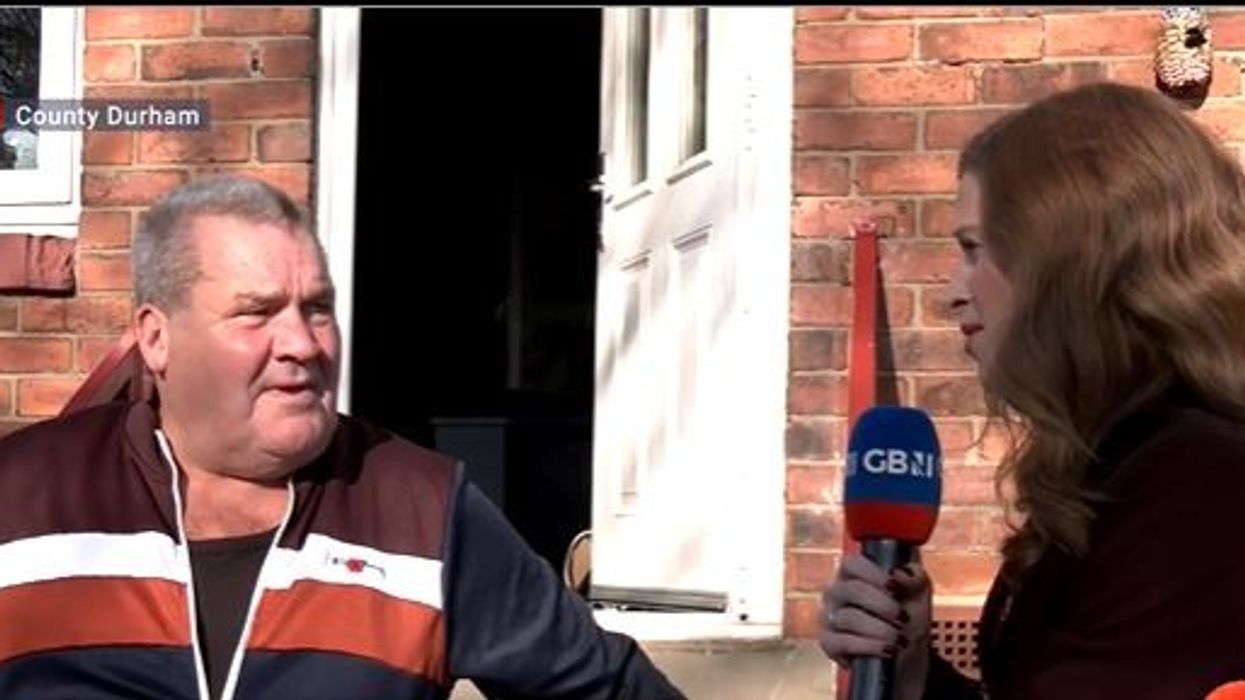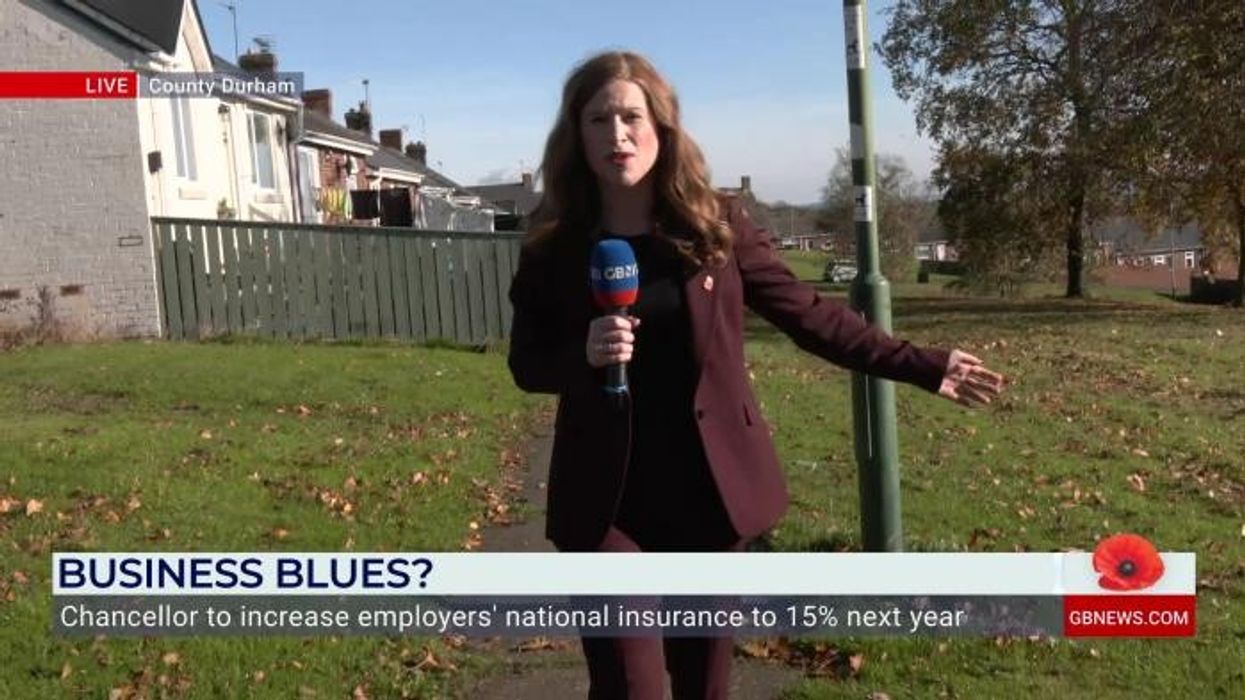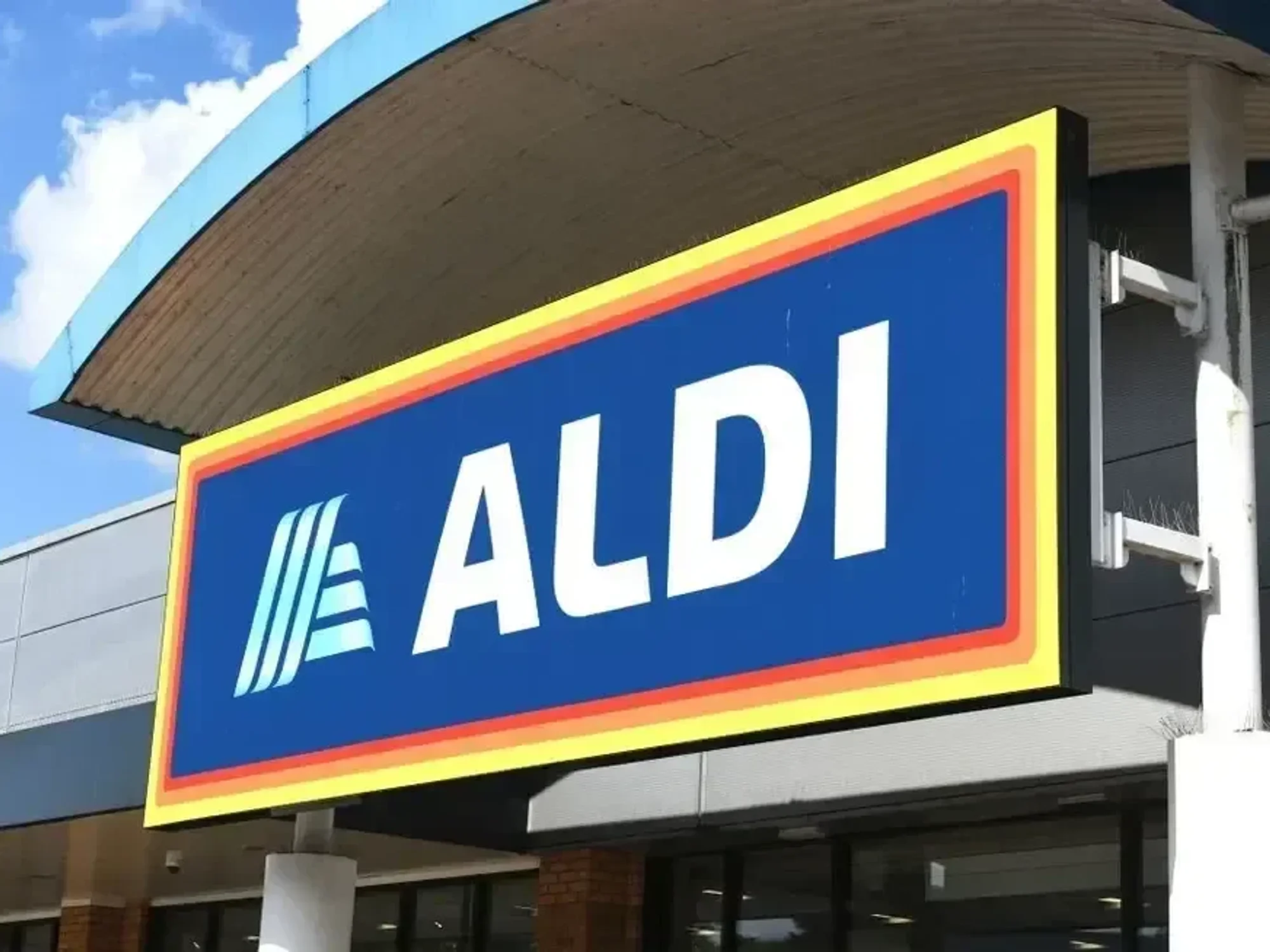'I visited REAL people of South Shields and Stanley - you won't hear them in Westminster' Emily Carver on how GB News is here to give YOU a voice

Emily Carver visited towns across the country last week
Don't Miss
Most Read
Latest
At GB News, most of my week is spent in our Paddington studio presenting Good Afternoon Britain. But the real highlight? Hearing from you, our viewers and listeners, on the biggest issues facing the country—from the economy and immigration to what’s going on in our schools and beyond. Though we can't read out every comment live on air, trust me, Tom and I are constantly glued to what you have to say.
This is what makes my job at GB News so rewarding: cutting through the Westminster bubble and hearing what real people think. That's why I jumped at the chance to take the show on the road last week, heading up to the North East to get honest reactions to Labour’s first Budget in over 14 years—direct from those outside the political spin and punditry.

Emily Carver speaking to Billy Pounder in County Durham
|GB News
We travelled to South Shields, a coastal town known for its coal mining and shipbuilding past, and Stanley, a former mining community in County Durham, to see what locals really thought of the Budget.
We wanted to know if what Rachel Reeves has planned met their expectations, what in particular they were concerned about, if they’d be impacted by the £40bn tax raid, and whether those who voted Labour still felt it was the right choice.
In South Shields, we spoke with the owner of Colman's, a beloved fish and chips restaurant that’s been in the same family for five generations. He voiced the worries of many small business owners, explaining how the tax hikes could impact his business and others in the area, with rising wage bills and other mounting costs. His fears were clear: the tax changes might force businesses like his to raise prices or, worse, shut their doors. He wasn’t convinced this was a ‘budget for growth’.
A local teaching assistant welcomed the extra funding for schools but worried about how tax hikes could hit the businesses around her. We also heard from a self-employed driving instructor who welcomed the fuel duty freeze but was concerned about friends in the industry trying to expand their small businesses.
Up in Stanley, we met with local pensioners who shared their thoughts on cuts to winter fuel payments, with many feeling deeply let down after election promises.
One gentleman, Daniel, even said he’d never vote Labour again after feeling betrayed. Their frustration echoed a common sentiment: that the North East has been neglected for far too long.
I revisited Billy Pounder, a pensioner who told Patrick Christys the week before that he was so worried about his energy bills that he bought a little heater that he moves from room to room with him so he doesn’t have to heat his whole home at once. He said that because he had a small pit pension, he wouldn’t receive the winter fuel payment.
And it looks like our reporting made a real life difference! While we were at Billy’s house, the Department for Work and Pensions reached out to him! They heard his story and wanted to try and help him find out what he qualifies for as well as assisting him with all the complex forms needed to apply for pension credit and the like!
I spoke with Gordon, a former waste management worker, who voiced his concerns over taxes on business, the strained NHS, and the elusive ‘green jobs’ politicians keep promising.
Stephen and Lynn, another local couple, told me they felt the North-South divide was widening, they felt lied to over promised road improvements, and that the tax rises on business would end up hitting them in the pocket.
Throughout our time in the North East, we heard from a range of voices, young and old, retired and working, each sharing their own unique perspective on how the Budget and the broader state of politics is affecting their lives.
These are the stories we don’t always hear in Westminster—the authentic, no-nonsense reflections of real people just trying to get on with their lives.
Every comment and conversation served as a reminder of why we're here—to give you a voice and to keep bringing your stories to the heart of the national conversation.











